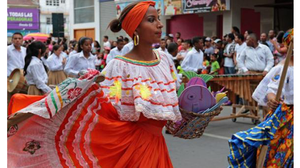The nineteenth session of the Intergovernmental Committee for the Safeguarding of the Intangible Cultural Heritage will take place in Asunción, Republic of Paraguay from Monday 2 to Saturday 7 December 2024.
An opening ceremony is scheduled on Sunday, 1 December 2024. The session will be chaired by H.E. Ms Nancy Ovelar de Gorostiaga, Ambassador Extraordinary and Plenipotentiary and Permanent Delegate of the Republic of Paraguay to UNESCO.
Attached are the programs from the EB:
The Executive Board is looking forward to seeing you at person in Asuncion, Paraguay or online at the ICH NGO Forum’s Symposium on Sunday, December 1st at 9:30 Paraguay time (GMT -3, 1:30 CET), Presentation of Candidates for the Executive Board on Monday, December 2nd at 17:45 Paraguay time (GMT -3, 21:45 CET) and the General Assembly on Wednesday, December 4th at 13:15 Paraguay time (GMT -3, 17:15 CET). There will be a robust program of ICH NGO Forum associated side events throughout the week. You can find here a program listing of all the events organized by and associated with the ICH NGO Forum that will be held next week in Asunción. Attached are an agenda for the 2024 General Assembly, the minutes from the 2023 General Assembly and the changes to the Bylaws and Electoral Rules proposed by the Executive Board. The annual financial report , which will be sent to you prior to the General Assembly, will include expenses incurred during 19COM. We encourage you to also read the annual report of the Forum’s programmatic activities, which you can find here . .
All the best,
Executive Board of the ICH NGO Forum
- International: Mr. Robert Baron – International Society for Ethnology and Folklore, International – President
- Arab States: Mr. Mohamed Lemine Beidieu – Association mauritanienne pour la sauvegarde du partimoine culturel immatériel (Mauritania) – Vice President
- Western Europe and North America: Mr. Matti Hakamäki – Finnish Folk Music Institute (Finland) – Secretary
- Asia and the Pacific: Ms. Cholponai Usubalieva-Grishuk – Aigine Cultural Research Center (Kyrgystan) – Treasurer
- Africa: Mr. Bachirou Njoya, Fondation Princesse Momafon Rabiatou NJOYA, (Cameroon).
- Eastern Europe: Ms. Tamara Nikolić Đerić – Association House of Batana (Croatia)
- Latin America and the Caribbean: Ms. Irina Ruiz, Fundación INDICRI (Panama)
2024 Bylaws and Electoral Rules Changes Proposed by the Executive Board
(1)The President can be reelected to the Executive Board for the second year of a two year term by a majority vote of the Executive Board. This change would take effect beginning with the elections in December 2025. The current Executive Board, general members and past presidents have often noted that a one year term is too short to accomplish what they would like to accomplish. The possibility of reelection will only apply to Presidents who are not in their final year in office.
In this and other cases in the bylaws the office of the Chair would be changed to President, and Vice Chair to Vice President. We view this change as consistent with the change of the Forum’s governing body from “Steering Committee” to “Executive Board” and the reference in Article 21 to a “President” rather than to a “Chair”.
(2)The current bylaws limits the period of Working Groups to two years, although allowing for an extension of two additional years. The Executive Board feels that this requirement should be eliminated since there are multiple Working Groups that have been in existence and done fine work for well over 4 years. We propose replacing this requirement with a requirement for each Working Group to report annually in March on activities undertaken during the past year, including minutes of meetings, provide a calendar of activities planned for the coming year, which may
be accompanied by a activity plan, and list current officers, with their contact information, indicating how and when they were elected and their term of office. Current Working Groups are reminded that them must have one meeting each year in order to stay active.
(3)The Executive Board agrees with a recommendation from the 2023 Electoral Board stating that if there is only one candidate from any region then that candidate will be deemed as elected without a vote of the general membership.
The bylaws changes would read as follows:
Article 27
New:
Each year the Executive Board shall appoint four officers, namely a President, a Vice President, a Secretary and a Treasurer at their first meeting, following their election. In order to take advantage of the experience gained during the previous year, the President and Vice President should be members who are entering their second year on the Executive Board. The office of the President of the Executive Board can be renewed for a second year by a majority vote of the Executive Board. The President is responsible for convening Executive Board meetings and presiding during these meetings, and in their absence the Vice President will serve as chair for that meeting.
Replaces:
Article 27
Each year the Executive Board shall appoint four officers, namely a Chair, a Vice-Chair, a Secretary and a Treasurer at their first meeting, following their election. In order to take advantage of the experience gained during the previous year, the Chair and Vice-Chair should be members who are entering their second year on the Executive Board. The office of the Chair of the Executive Board cannot be renewed for a second year. The Chair is responsible for convening Executive Board meetings and presiding during these meetings, and in their absence the Vice chair will serve as Chair.
New:
Article 6: NGOs shall complete the registration form to join the ICH NGO Forum, consisting of basic contact information and the name of the contact person. Each NGO shall identify its primary country and electoral region of establishment for the purposes of governance and the administrative functioning of the Forum. Non-accredited NGOs and any other stakeholders engaged in ICH safeguarding may subscribe to the Newsletter; and they may take part in the ICH NGO Forum meetings and the General Assembly, as observers without voting rights and can only take the floor if invited by
the President.
Article 7 – MEETINGS AND THE GENERAL ASSEMBLY The annual meeting of ICH NGO Forum shall occur at the time and venue of the annual session of the Intergovernmental Committee and should be held in a hybrid format (virtual and in-person) to ensure the maximum attendance and, when this is not possible, it should be in a virtual format. The General Assembly of the membership shall occur during the annual meeting at the date and time to be determined by the Executive Board. The President and/or the Vice President shall preside at the General Assembly.
Replaces:
Article 6: NGOs shall complete the registration form to join the ICH NGO Forum, consisting of basic contact information and the name of the contact person. Each NGO shall identify its primary country and electoral region of establishment for the purposes of governance and the administrative functioning of the Forum. Non-accredited NGOs and any other stakeholders engaged in ICH safeguarding may subscribe to the Newsletter; and they may take part in the ICH NGO Forum meetings and the General Assembly, as observers without voting rights and can only take the floor if invited by the Chair.
Article 7 – MEETINGS AND THE GENERAL ASSEMBLY The annual meeting of ICH NGO Forum shall occur at the time and venue of the annual session of the Intergovernmental Committee and should be held in a hybrid format (virtual and in-person) to ensure the maximum attendance and, when this is not possible, it should be in a virtual format. The General Assembly of the membership shall occur during the annual meeting at the date and time to be determined by the Executive Board. The Chair and/or the Vice-Chair shall preside at the General Assembly.
New:
SECTION V – WORKING GROUPS AND AD HOC BODIES
Article 32: Working Groups (WG) are created on the basis of a common interest of Accredited NGOs around ICH, and Ad Hoc Committees (AHC) are appointed by the Executive Board to address a specific task. To create a new Working Group requires a signed request by Accredited NGOs from at least three different Regions. The Executive Board shall approve the request or provide the reasons for its rejection to the promoters. Participation in a Working Group will be open to any member of an Accredited NGO affiliated to the ICH NGO Forum. Every Working Group or Ad Hoc Committee approved shall be listed in the ICH NGO Forum communication channels. They should have a description and state clear goals (document, workshop, report, recommendation or a special activity). Each Working Group must report annually in March on activities undertaken during the past year, including minutes of meetings, provide a calendar of activities planned for the coming year, which may be accompanied by a activity plan, and list current officers, with their contact information, indicating how and when they were elected and their term of office. Once an Ad Hoc Committee has accomplished its stated goal its members will present their findings and results to the Executive Board, to be included in its report to the General Assembly. Once these have been approved by the General Assembly the Ad Hoc Committee may be dissolved.
Replaces:
Article 32: Working Groups (WG) are created on the basis of a common interest of Accredited NGOs around ICH, and Ad Hoc Committees (AHC) are appointed by the Executive Board to address a specific task. To create a new Working Group requires a signed request by Accredited NGOs from at least three different Regions. The Executive Board shall approve the request or provide the reasons for its rejection to the promoters. Participation in a Working Group will be open to any member of an Accredited NGO affiliated to the ICH NGO Forum. Every Working Group or Ad Hoc Committee approved shall be listed in the ICH NGO Forum communication channels. They should have a description and state a clear goal (document, workshop, report, recommendation or a special activity) as reflected in a programme of activities that covers a period of no longer than two years. Once an Ad Hoc Committee has accomplished its stated goal its members will present their findings and results to the Executive Board, to be included in its report to the General Assembly. Once these have been approved by the General Assembly the Ad Hoc Committee may be dissolved.
Once a Working Group has accomplished its stated goal, it can ask the Executive Board to reserve a side event during the next session of the Intergovernmental Committee, to present their findings and results to all ICH NGO Forum members. The period of operation of a WG shall be no longer than two years, in order to encourage participation by Accredited NGOs; however, if necessary, the members of a Working Group can
apply for an extension of two more years.
Electoral Rules Change:
2. Following the presentation of the candidates, one representative from each Accredited NGO member of the ICH NGO Forum attending virtually or in person to the ICH NGO Forum General Assembly shall have a 24-hour period to cast their vote through the online voting system for candidates from each region where there is more than one candidate. If there is only one candidate for any region then the candidate(s) will be deemed elected without the need for a vote. Le Conseil exécutif propose des modifications aux statuts du Forum des ONG du PCI et aux règles électorales. Nous vous écrivons bien avant le vote sur les modifications des statuts, qui aura lieu en même temps que le vote pour les nouveaux membres du
Conseil d'administration, qui aura lieu en ligne du 2 au 4 décembre. Le Conseil sollicite vos commentaires sur les modifications proposées aux statuts et aux règles électorales sur un document Google, ici. . Les modifications proposées aux statuts et aux règles électorales comprennent les
éléments suivants :
(1) Le Président peut être réélu au Conseil d'administration pour la deuxième année d'un mandat de deux ans par un vote majoritaire du Conseil d'administration. Ce changement entrerait en vigueur à compter des élections de décembre 2025. Le Conseil exécutif actuel, les membres généraux et les anciens présidents ont souvent souligné qu'un mandat d'un an est trop court pour accomplir ce qu'ils souhaitent accomplir. La possibilité de réélection ne s'appliquera qu'aux présidents qui n'en sont pas à leur dernière année de mandat. Dans ce cas et dans d'autres cas prévus par les statuts, le poste de président serait remplacé par celui de président et celui de vice-président par celui de vice-président. Nous considérons ce changement comme cohérent avec le changement de l'organe directeur du Forum de « Comité directeur » à « Conseil exécutif » et avec la référence dans l'article 21 à un « Président » plutôt qu'à un « Président ». (2) Les statuts actuels limitent la durée des groupes de travail à deux ans, tout en autorisant une prolongation de deux ans supplémentaires. Le Conseil exécutif estime que cette exigence devrait être supprimée étant donné qu'il existe plusieurs groupes de travail qui existent et ont
accompli un excellent travail depuis plus de quatre ans. Nous proposons de remplacer cette exigence par l'obligation pour chaque groupe de travail de rendre compte chaque année en mars des activités entreprises au cours de l'année écoulée, y compris les procès-verbaux des réunions, de fournir un calendrier des activités prévues pour l'année à venir, qui peut être accompagné d'un plan d'activités, et de répertorier les dirigeants actuels. , avec leurs coordonnées, indiquant comment et quand ils ont été élus ainsi que la durée de leur mandat. Il est rappelé aux groupes de travail actuels qu'ils doivent se réunir une fois par an afin de rester actifs.
(2) Les statuts actuels limitent la durée des groupes de travail à deux ans, tout en autorisant une prolongation de deux ans supplémentaires. Le Conseil exécutif estime que cette exigence devrait être supprimée étant donné qu'il existe plusieurs groupes de travail qui existent et ont accompli un excellent travail depuis plus de quatre ans. Nous proposons de remplacer cette exigence par l'obligation pour chaque groupe de travail de rendre compte chaque année en mars des activités entreprises au cours de l'année écoulée, y compris les procès-verbaux des réunions, de fournir un calendrier des activités prévues pour l'année à venir, qui peut être accompagné d'un plan d'activités, et
de répertorier les dirigeants actuels. , avec leurs coordonnées, indiquant comment et quand ils ont été élus ainsi que la durée de leur mandat. Il est rappelé aux groupes de travail actuels qu'ils doivent se réunir une fois par an afin de rester actifs.
(3) Le Conseil exécutif est d'accord avec une recommandation du Conseil électoral de 2023 selon laquelle s'il n'y a qu'un seul candidat d'une région, ce candidat sera considéré comme élu sans vote de l'ensemble des membres.
Les modifications des statuts se liraient comme suit :
Article 27
Nouveau:
Chaque année, le Conseil d'administration nomme quatre dirigeants, à savoir un président, un vice-président, un secrétaire et un trésorier, lors de sa première réunion suivant leur élection. Afin de profiter de l'expérience acquise au cours de l'année précédente, le Président et le Vice-Président devraient être des membres qui entament leur deuxième année au sein du Conseil d'Administration. Le mandat de Président du
Directoire peut être renouvelé pour une deuxième année par un vote majoritaire du Directoire. Le président est chargé de convoquer les réunions du conseil d'administration et de présider ces réunions, et en son absence, le vice-président présidera cette réunion.
Remplace :
Article 27
Chaque année, le Conseil exécutif nomme quatre dirigeants, à savoir un président, un vice-président, un secrétaire et un trésorier, lors de sa première réunion suivant leur élection. Afin de profiter de l'expérience acquise au cours de l'année précédente, le président et le vice-président devraient être des membres qui entament leur deuxième année au sein du Conseil exécutif. Le mandat de Président du Directoire ne peut être renouvelé pour une deuxième année. Le président est chargé de convoquer les réunions du conseil d'administration et de présider ces réunions. En son absence, le vice-président assumera les fonctions de président.
Nouveau:
Article 6 : Les ONG doivent remplir le formulaire d'inscription pour rejoindre le Forum des ONG du PCI, composé des informations de contact de base et du nom de la personne de contact. Chaque ONG identifiera son pays principal et sa région électorale d'établissement aux fins de la gouvernance et du fonctionnement administratif du Forum. Les ONG non accréditées et tout autre acteur engagé dans la sauvegarde du PCI peuvent s'abonner à la newsletter ; et ils peuvent participer aux réunions du Forum des ONG du PCI et à l'Assemblée générale, en tant qu'observateurs sans droit de vote et ne peuvent prendre la parole que s'ils y sont invités par le Président.
Article 7 – RÉUNIONS ET ASSEMBLÉE GÉNÉRALE La réunion annuelle du Forum des ONG du PCI aura lieu au moment et au lieu de la session annuelle du Comité intergouvernemental et devrait se tenir dans un format hybride (virtuel et en personne) pour garantir une participation maximale. et, lorsque cela n'est pas possible, cela devrait être dans un format virtuel. L’Assemblée générale des membres aura lieu lors
de l’assemblée annuelle à la date et à l’heure déterminées par le Conseil exécutif. Le Président et/ou le Vice-Président présideront l'Assemblée Générale.
Remplace :
Article 6 : Les ONG doivent remplir le formulaire d'inscription pour rejoindre le Forum des ONG du PCI, composé des informations de contact de base et du nom de la personne de contact. Chaque ONG identifiera son pays principal et sa région électorale d'établissement aux fins de la gouvernance et du fonctionnement administratif du Forum. Les ONG non accréditées et tout autre acteur engagé dans la sauvegarde du PCI peuvent s'abonner à la newsletter ; et elles peuvent participer aux réunions du Forum des ONG du PCI et à l'Assemblée générale, en tant qu'observateurs sans droit de vote et ne peuvent prendre la parole que si elles sont invitées par le président.
Article 7 – RÉUNIONS ET ASSEMBLÉE GÉNÉRALE La réunion annuelle du Forum des ONG du PCI aura lieu au moment et au lieu de la session annuelle du Comité intergouvernemental et devrait se tenir dans un format hybride (virtuel et en personne) pour assurer une participation maximale. et, lorsque cela n'est pas possible, cela devrait être dans un format virtuel. L’Assemblée générale des membres aura lieu lors de l’assemblée annuelle à la date et à l’heure déterminées par le Conseil exécutif. Le président et/ou le vice-président présidera l'Assemblée générale.
Nouveau:
SECTION V – GROUPES DE TRAVAIL ET ORGANES AD HOC
Article 32 : Des groupes de travail (GT) sont créés sur la base d'un intérêt commun des ONG accréditées autour du PCI, et des comités ad hoc (AHC) sont nommés par le Conseil exécutif pour aborder une tâche spécifique. La création d'un nouveau groupe de travail nécessite une demande signée par des ONG accréditées d'au moins trois régions différentes. Le Conseil d'Administration approuvera la demande ou fournira les raisons de son rejet aux promoteurs. La participation à un groupe de travail sera ouverte à tout membre d'une ONG accréditée affiliée au Forum des ONG du PCI. Chaque groupe de travail ou comité ad hoc approuvé doit être répertorié dans les canaux de communication du Forum des ONG du PCI. Ils doivent avoir une description et énoncer des objectifs clairs (document, atelier, rapport, recommandation ou activité
spéciale). Chaque groupe de travail doit rendre compte chaque année en mars des activités entreprises au cours de l'année écoulée, y compris les procès-verbaux des réunions, fournir un calendrier des activités prévues pour l'année à venir, qui peut être accompagné d'un plan d'activités, et dresser la liste des dirigeants actuels, avec leurs coordonnées. , indiquant comment et quand ils ont été élus ainsi que la durée de leur mandat. Une fois qu'un comité ad hoc a atteint son objectif déclaré, ses membres présenteront leurs conclusions et résultats au Conseil exécutif, qui seront inclus dans son rapport à l'Assemblée générale. Une fois ceux-ci approuvés par l'Assemblée générale, le comité ad hoc peut être dissous.
Remplace :
Article 32 : Des groupes de travail (GT) sont créés sur la base d'un intérêt commun des ONG accréditées autour du PCI, et des comités ad hoc (AHC) sont nommés par le Conseil exécutif pour aborder une tâche spécifique. La création d'un nouveau groupe de travail nécessite une demande signée par des ONG accréditées d'au moins trois régions différentes. Le Conseil d'Administration approuvera la demande ou fournira les raisons de son rejet aux promoteurs. La participation à un groupe de travail sera ouverte à tout membre d'une ONG accréditée affiliée au Forum des ONG du PCI. Chaque groupe de travail ou comité ad hoc approuvé doit être répertorié dans les canaux de communication du Forum des ONG du PCI. Ils doivent avoir une description et énoncer un objectif clair (document, atelier, rapport, recommandation ou activité
spéciale), reflété dans un programme d'activités couvrant une période ne dépassant pas deux ans. Une fois qu'un comité ad hoc a atteint son objectif déclaré, ses membres présenteront leurs conclusions et résultats au Conseil exécutif, qui seront inclus dans son rapport à l'Assemblée générale. Une fois ceux-ci approuvés par l'Assemblée générale, le comité ad hoc peut être dissous. Une fois qu'un groupe de travail a atteint son objectif déclaré, il peut demander au Conseil exécutif de réserver un événement parallèle lors de la prochaine session du Comité intergouvernemental, pour présenter ses conclusions et ses résultats à tous les membres du Forum des ONG du PCI. La durée de fonctionnement d'un GT ne doit pas dépasser deux ans, afin d'encourager la participation des ONG accréditées ; cependant, si nécessaire, les membres d'un groupe de travail peuvent demander une prolongation de deux ans supplémentaires.
Modification des règles électorales:
2. Après la présentation des candidats, un représentant de chaque ONG accréditée membre du Forum des ONG du PCI participant virtuellement ou en personne à l'Assemblée générale du Forum des ONG du PCI disposera d'un délai de 24 heures pour voter via le système de vote en ligne pour candidats de chaque région où il y a plus d’un candidat. S'il n'y a qu'un seul candidat pour une région, le ou les candidats
seront considérés comme élus sans qu'il soit nécessaire de procéder à un vote.
● Event Summary
| Title | 19th Session of the Intergovernmental Committee for the Safeguarding of the ICH | ||
|---|---|---|---|
| Place | PARAGUAY | ||
| Start Date | 2024-12-01 | End Date | 2024-12-07 |
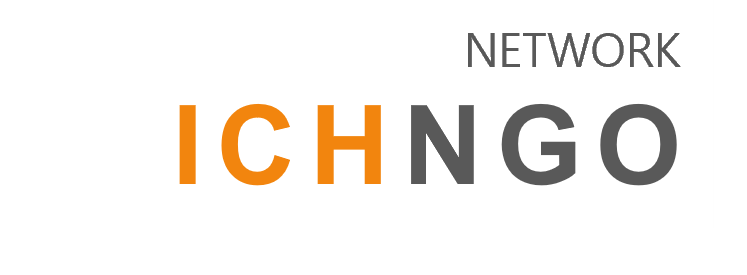

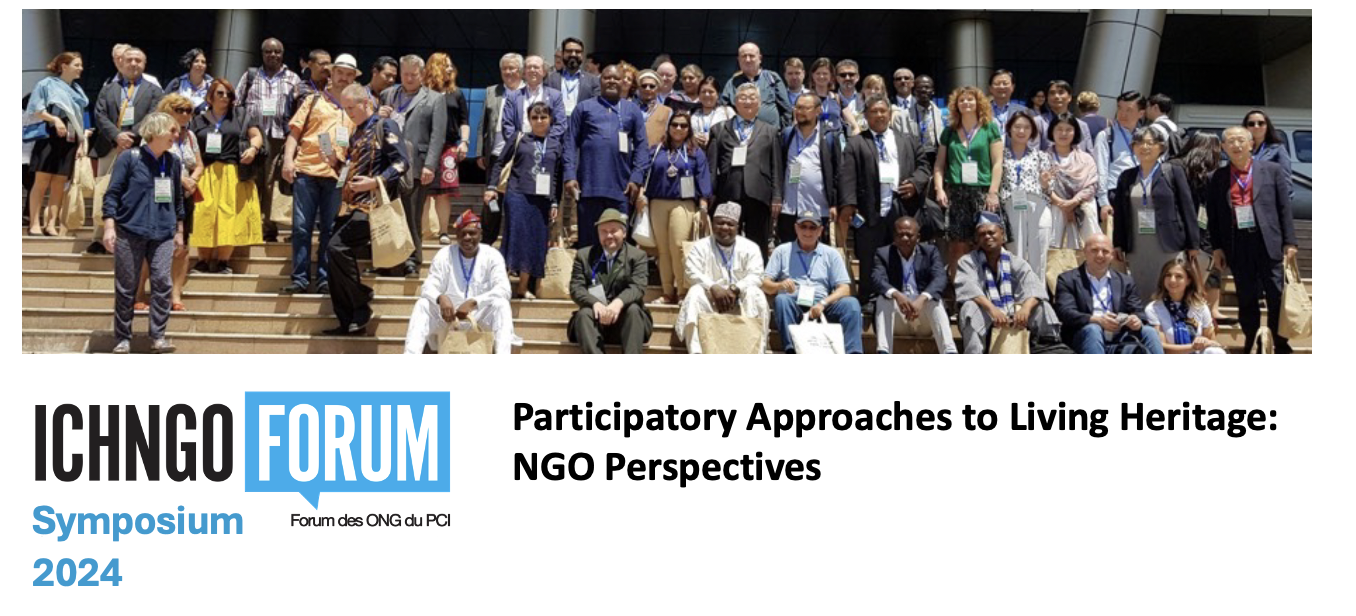
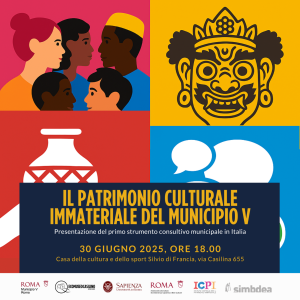
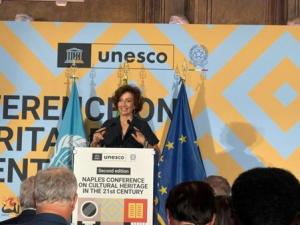
.png)
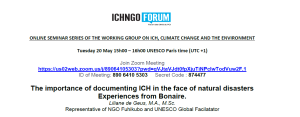

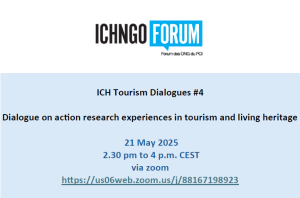
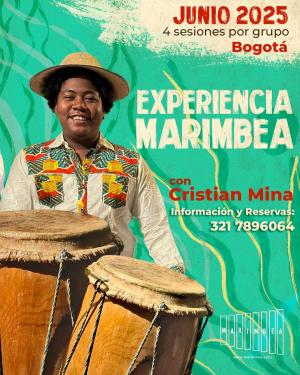
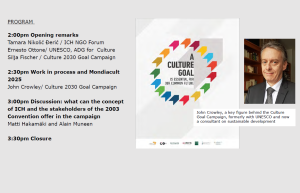
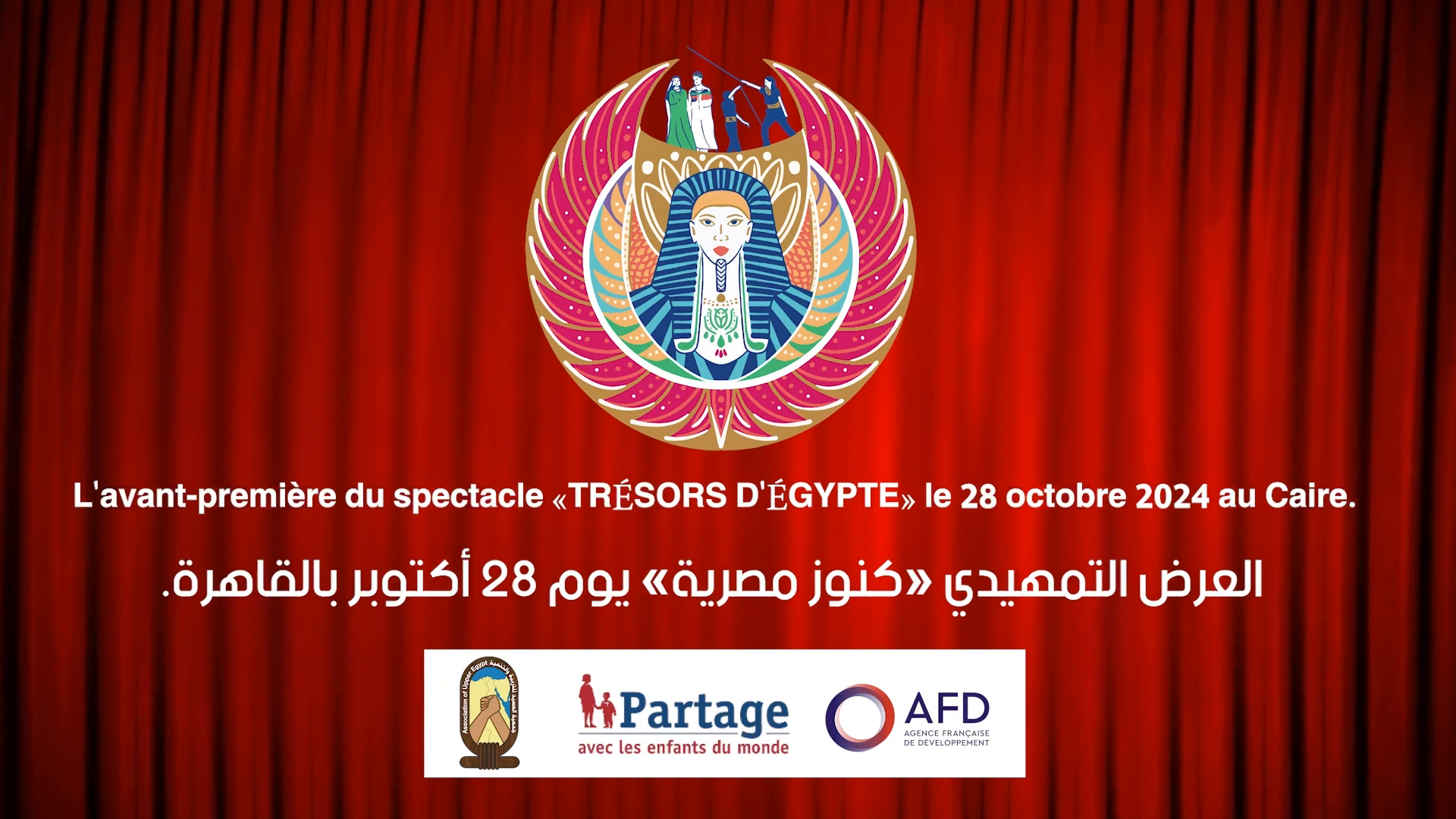
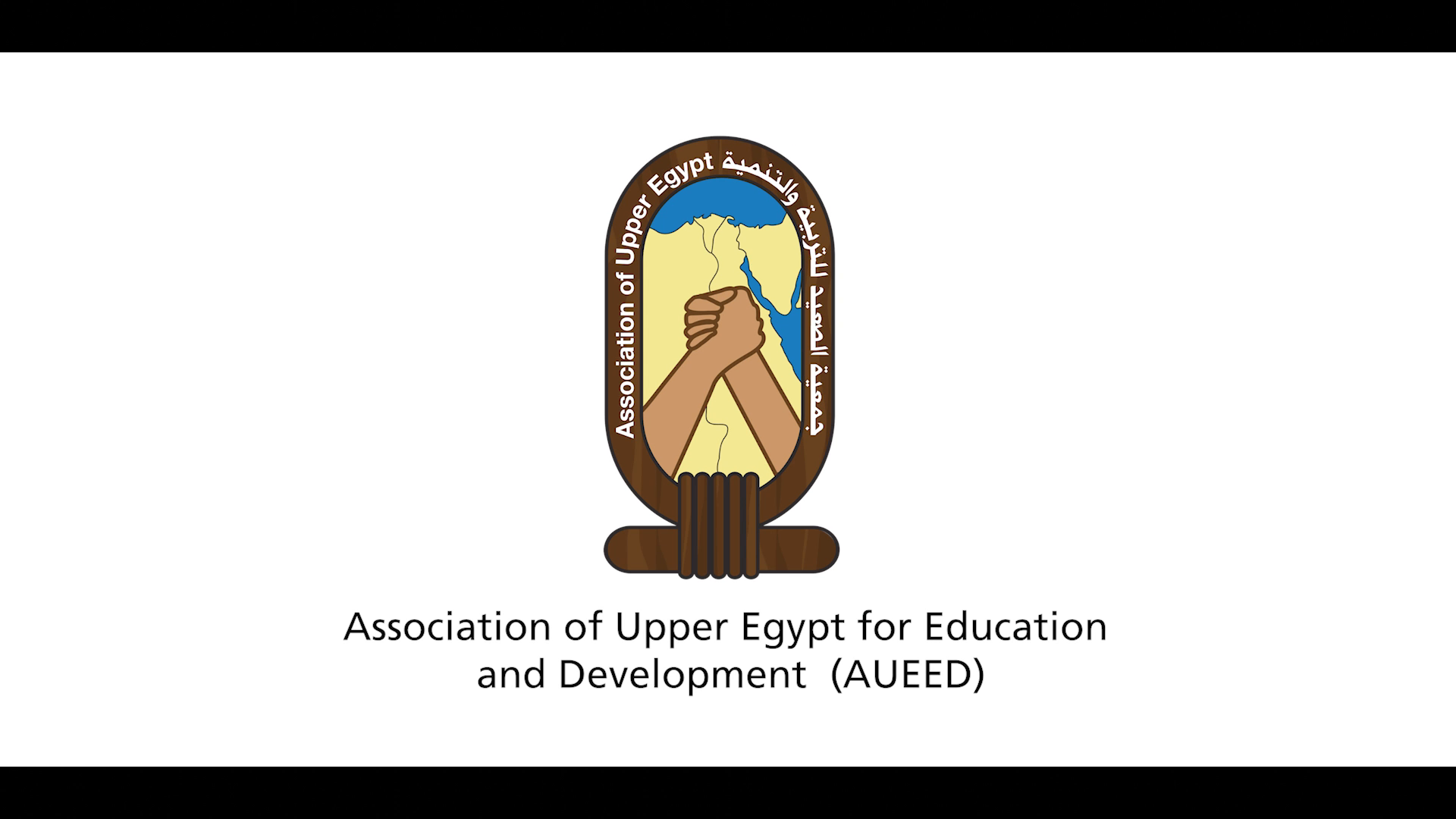
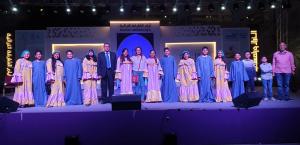
















 (40 x 60 cm).png)
.jpg)

.jpg)













.PNG)



(2021-12-17.png)







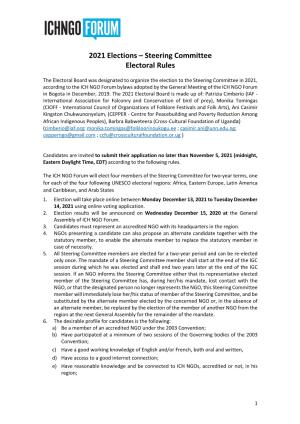



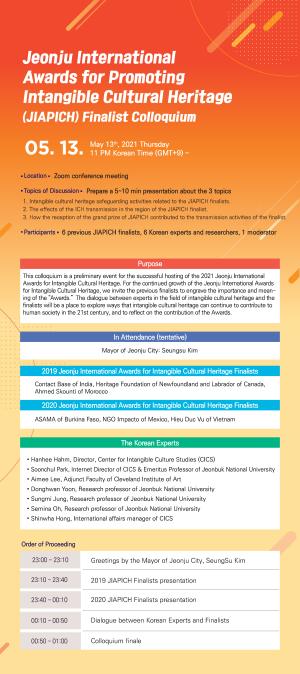





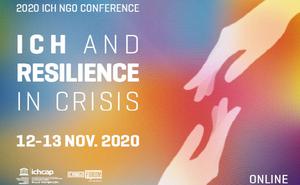


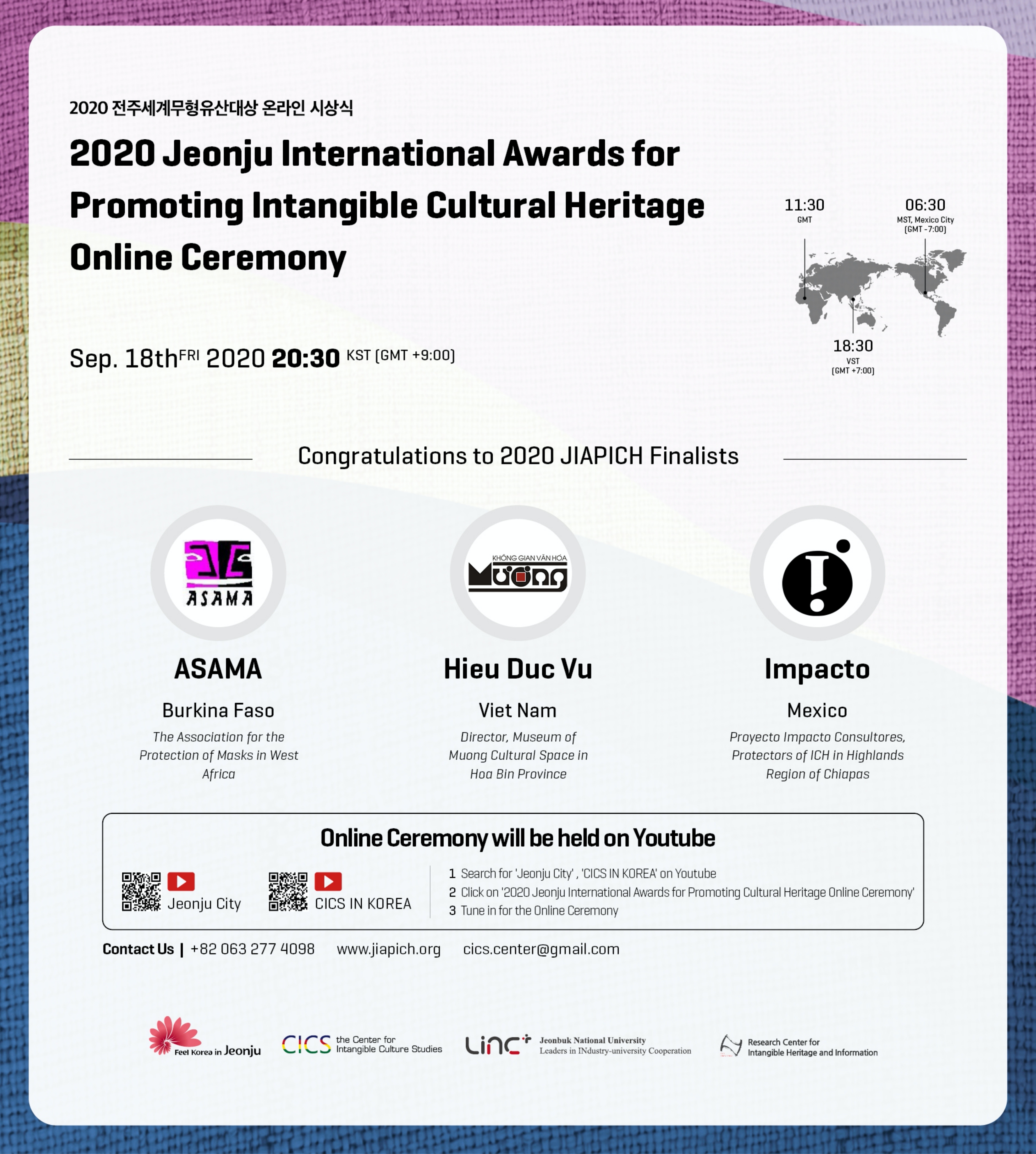










.jpeg)







.png)







.jpg)


















.jpg)




